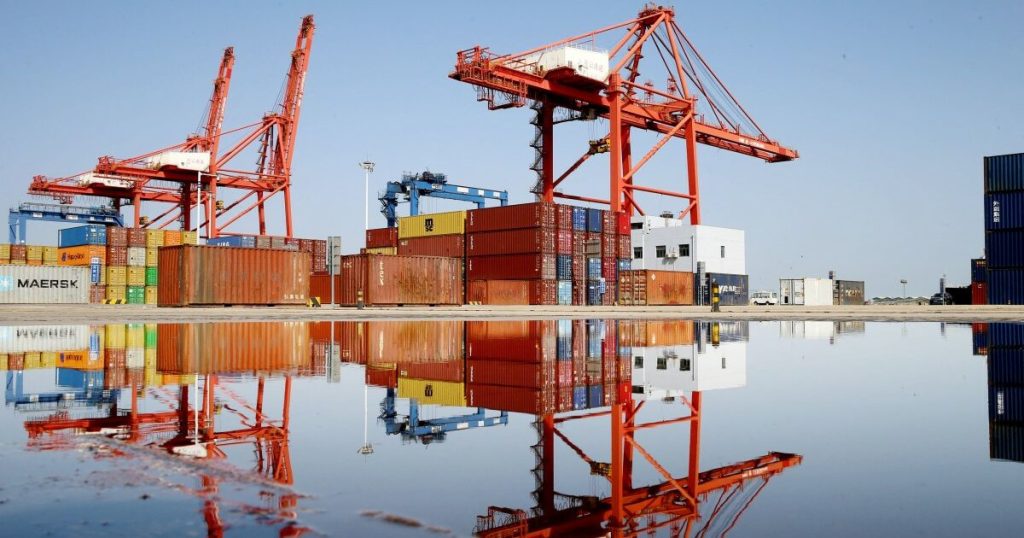The United States and China, the world’s two largest economies, reached a pivotal agreement in Geneva to de-escalate their ongoing trade war. This breakthrough came after months of escalating tariffs that had roiled global financial markets and sparked fears of a worldwide economic downturn. The agreement, announced after the first direct talks between the two nations since the trade war began, centered on a significant reduction in tariffs imposed by both sides. The ninety-day truce provides a window for further negotiations aimed at resolving the underlying trade disputes. This development was met with relief by international markets and offered a glimmer of hope for a more stable global economic outlook.
The core of the agreement involved a mutual rollback of tariffs. The United States lowered its duties on Chinese goods to 30 percent, while China reciprocated by reducing its tariffs on US products to 10 percent. This represented a substantial decrease from the triple-digit tariffs that had characterized the escalating trade tensions. Importantly, this reduction applied to a broad range of goods, easing the burden on businesses and consumers in both countries. This de-escalation provided a much-needed reprieve from the tit-for-tat tariff increases that had threatened to spiral into a full-blown trade war with potentially devastating consequences for the global economy.
While the tariff reductions marked significant progress, certain key points of contention remained. The United States maintained a higher tariff rate than China due to a pre-existing 20 percent levy on Chinese chemicals used in the production of fentanyl. This specific tariff addressed US concerns about the flow of illicit fentanyl into the country and remained unchanged under the initial agreement. However, both sides expressed a commitment to addressing the fentanyl issue constructively through continued dialogue. This separate track of negotiations demonstrated a willingness to tackle complex bilateral issues outside the immediate trade war context.
The Geneva agreement also established a crucial mechanism for ongoing discussions between the two economic giants. This mechanism included regular consultations to be held in either country or in agreed-upon third-country locations. The establishment of this structured dialogue was seen as a critical step towards preventing future escalations of trade tensions. By providing a platform for continuous communication and negotiation, the two sides aimed to address emerging trade concerns before they escalated into further tariff wars. This commitment to dialogue offered a pathway towards a more stable and predictable trade relationship between the US and China.
Reactions to the agreement were largely positive, with many analysts viewing it as a crucial step towards resolving the trade conflict. China, in particular, was seen as having achieved a successful outcome by securing significant tariff reductions without making major concessions. The agreement was hailed as a major easing of tensions and a positive development for both countries and the global economy. However, some observers cautioned that uncertainties remained, emphasizing the importance of continued progress in the subsequent 90-day negotiation period. The temporary nature of the tariff reductions highlighted the need for a more comprehensive and lasting resolution to the underlying trade disputes.
The trade war between the United States and China had introduced significant instability into global markets and raised concerns about a potential worldwide economic downturn. The tariffs imposed by both sides had disrupted supply chains, increased prices for consumers, and created uncertainty for businesses. The Geneva agreement, by de-escalating the trade war, provided a much-needed respite and allowed markets to stabilize. The agreement was also praised by international organizations, including the World Trade Organization, as a positive step towards a more open and rules-based global trading system. The 90-day truce offered a window of opportunity for the two countries to work towards a more comprehensive agreement that would address the root causes of the trade dispute and provide a stable foundation for future economic relations.


